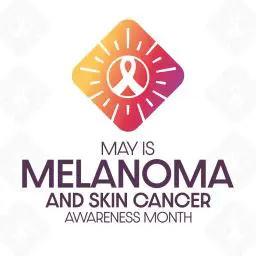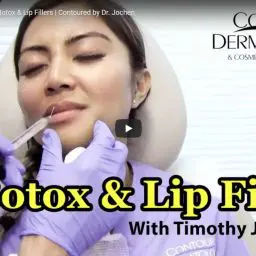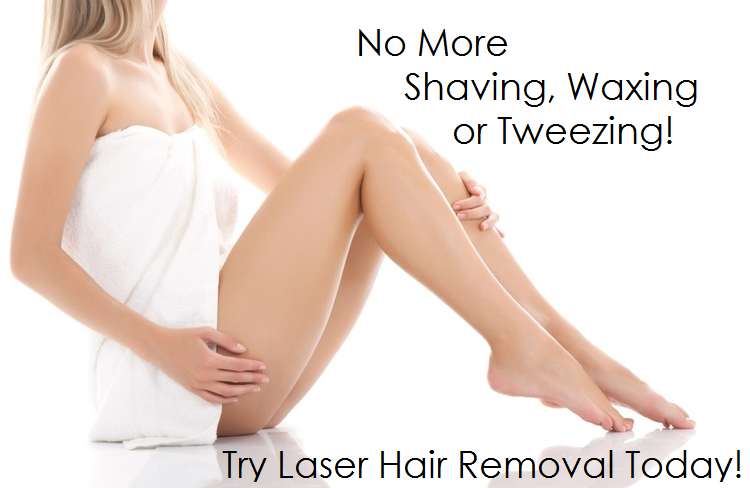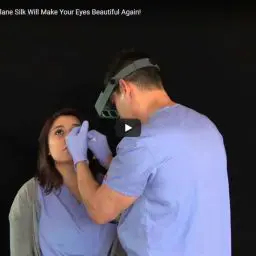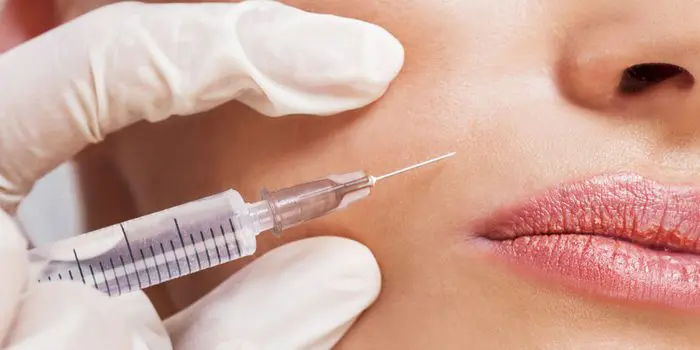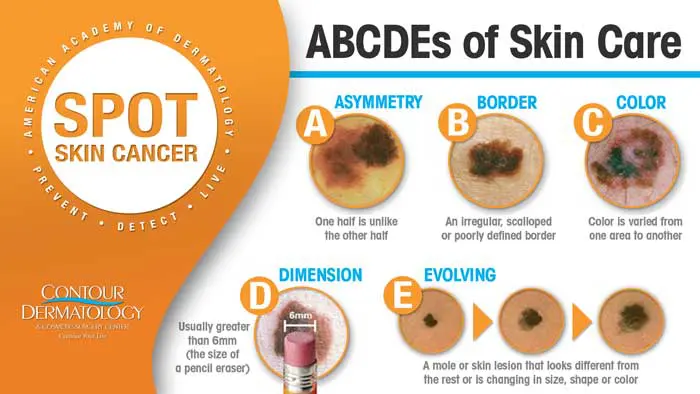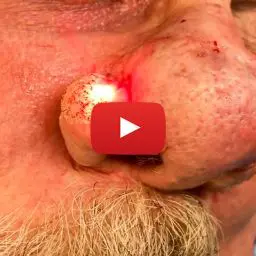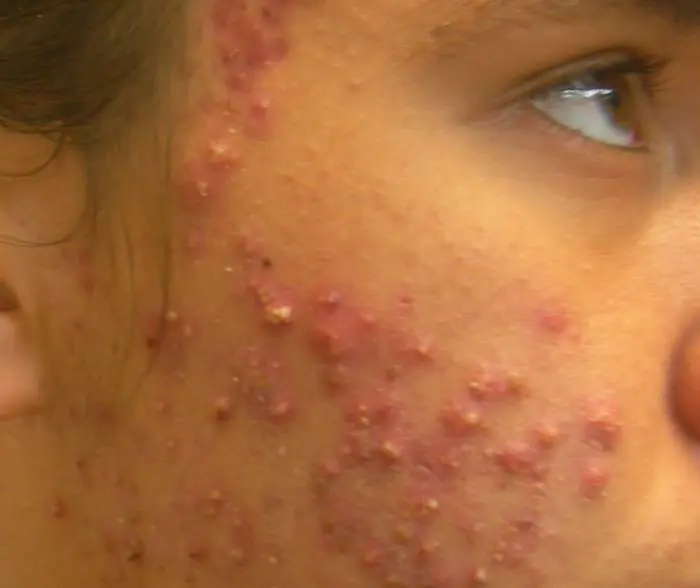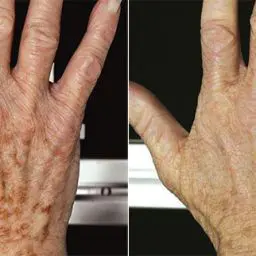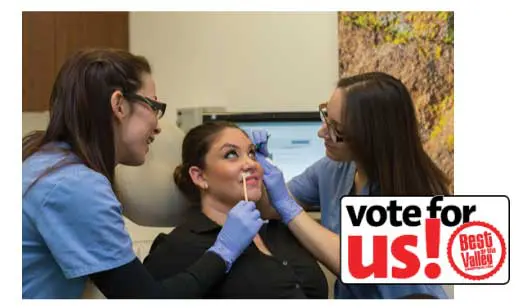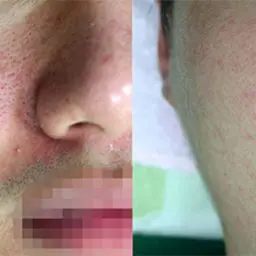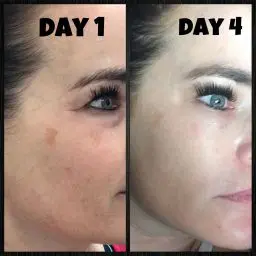Skin Care Do's and Don'ts During Pregnancy
Expectant mothers can treat their skin during and after pregnancy.
Under the guidance of a dermatologist or skin care specialist, expectant mothers can treat their skin during and after pregnancy with the care it needs to stay healthy and maintain the oft-talked-about “pregnancy glow.”
Visible Changes in Skin
In addition to the numerous (and obvious!) changes that occur during pregnancy, the skin experiences its own responses to hormonal fluctuations. Common and visible changes include mole variations, the formation of spider veins and stretch marks, increased pigmentation on the face and abdomen, and an overproduction of sebaceous oil, which often leads to acne.
The most critical skin-related changes to monitor when pregnant are any deviations in mole size, shape or color. While some growth and color change is expected, I recommend that pregnant patients who experience rapidly changing moles visit their doctor for evaluation and potential removal.
Seek the advice of a Dermatologist
First and foremost, all patients should seek the advice of their doctor before using any skin care product while pregnant. When topical products are applied to small areas of skin such as the face, a very minimal amount may be absorbed into the bloodstream; thus, the probability that applying active ingredients topically will cause birth defects is quite low.
However, pregnant patients may need to eliminate certain products from their routine or replace existing skin care treatments with pregnancy-friendly options. I also suggest preventative measures when appropriate and discuss with my patient how we can work to correct skin issues after the baby is born.
For example, I may suggest Asclera® injections for spider veins, which work by replacing damaged veins with new tissue. These injections may be administered starting six months postpartum. Stretch marks, while largely unavoidable, can be reduced after pregnancy via laser treatments.
Hyperpigmentation and The Pregnancy Mask
Hyperpigmentation can also be prevented with sun avoidance and daily use of a high sun protective factor. It’s important to note that sunscreen is safe for use during pregnancy. Post-pregnancy, I focus on getting a patient’s skin back on track with a prescribed regimen that includes SkinMedica Tri-Retinol Complex™, Lytera® Skin Brightening Complex and TNS Essential Serum®.
The term “pregnancy mask” is often used to describe the facial hyperpigmentation that develops during pregnancy, known as melasma. Melasma occurs when damage from UV rays is compounded by the increased levels of circulating estrogen that occur during pregnancy. Bleaching creams containing hydroquinone should be reserved for post-pregnancy use, and treatment is appropriate only for those patients willing to wear SPF daily and follow strict sun protection guidelines.
Hormonal Acne
A variety of topical preparations can provide relief for hormonal acne and are widely considered safe to use during pregnancy. Though retinoids are strictly off-limits—as are chemical peels, laser procedures, and oral therapies such as Accutane and spironolactone—I am comfortable recommending products that contain the antibiotic metronidazole, and azelaic, glycolic or alpha hydroxy acids, as these ingredients have been widely studied for use during pregnancy. Common acne-fighters benzoyl peroxide and salicylic acid are slightly more controversial; however, I feel these ingredients are safe when used in short contact, such as in face washes or toners.
While pregnancy-approved topicals can help to reduce acne inflammation, patients suffering from severe acne often see great results from intralesional injections of a mild steroid. A low-dose steroidal injection often gives pain relief in 24 hours and resolution of an acne cyst within one week.
See Your Dermatologist for more options
Medical-grade facials performed at a dermatologist’s office also offer skin-beautifying benefits via exfoliation, extractions, massage and mask application. Patients should discuss the ingredients being used with their skin care specialist and make them aware of the pregnancy during consultation.
The safety of the patient and unborn baby is always of utmost importance, so I advise all patients to consult with their obstetrician prior to implementing any skin care product or procedure into their routine. As a medical provider, it’s important for me to assess the patient’s level of comfort when seeking treatment: Every expectant mother has different beliefs about pregnancy and above all else, I want her to feel safe and secure with our plan.
Authored by A.K Feb 2013




